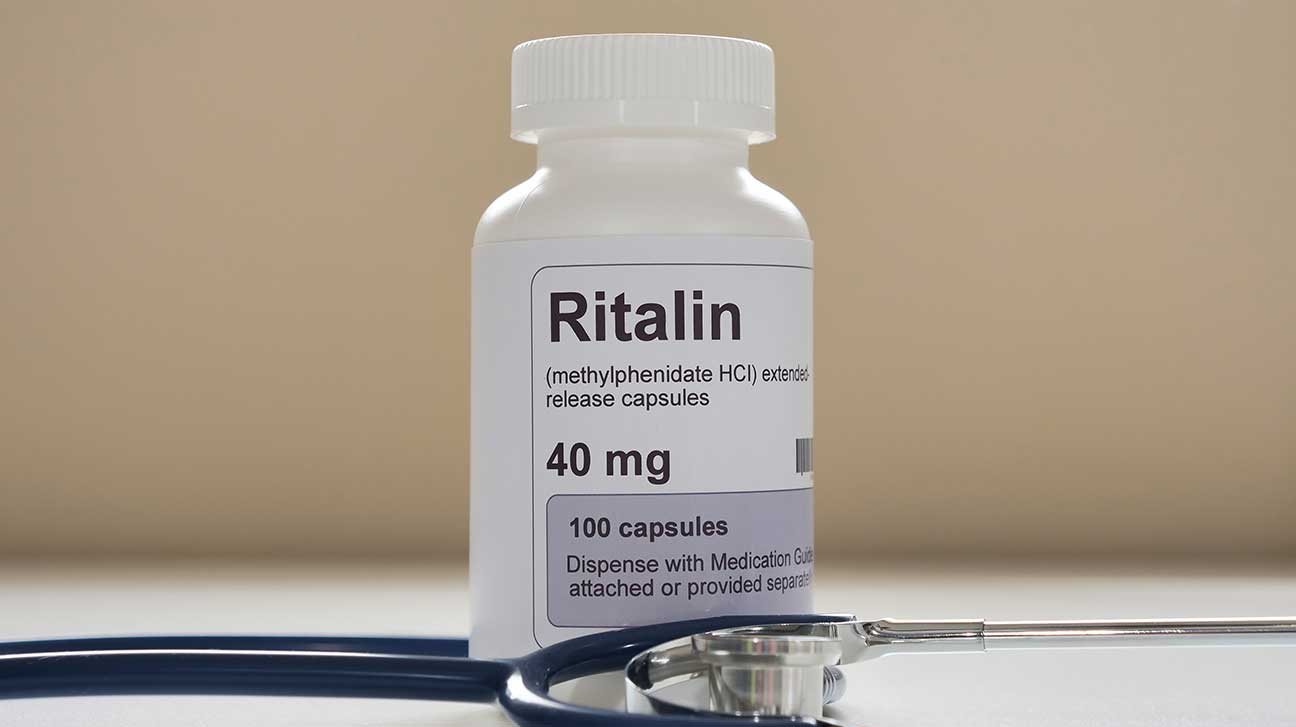Ritalin Addiction | Abuse, Effects, Signs, & Treatment
Ritalin is a popular prescription drug used to treat ADHD. Some Ohioans abuse it, often to enhance their performance at school or work. This behavior poses serious health risks, including overdose and addiction. Fortunately, there are many treatment programs for Ritalin abuse and addiction in Ohio.

Ritalin is the brand name for a prescription stimulant medication called methylphenidate. It’s used to treat attention-deficit/hyperactivity disorder (ADHD). Like other ADHD medications, it speeds up your central nervous system, increasing your energy, alertness, and concentration.
While many Ohioans use Ritalin as prescribed, others abuse it. Ritalin abuse can cause serious health problems, including addiction.
What Is Ritalin Abuse?
The United States Drug Enforcement Administration (DEA) classifies Ritalin as a Schedule II Controlled Substance. That means it has a high potential for abuse.
Ritalin abuse occurs when you use the drug in a manner not prescribed. For instance, you might:
- use it without a prescription
- use it more frequently than prescribed
- use higher doses than prescribed
- mix it with alcohol or other drugs
- crush the pills and snort them
Many people abuse Ritalin to enhance their performance in school, work, or sports. That’s because the drug can help you stay energized and focused for many hours. In fact, Ritalin is sometimes called a “study drug.”
Other people abuse Ritalin to improve their mood. Indeed, the drug can cause euphoria (intense joy) by increasing the activity of dopamine. Dopamine is a neurotransmitter (brain chemical) associated with pleasure, motivation, and reward. It’s often described as the “feel-good” hormone.
Finally, because Ritalin can reduce your appetite, some people abuse it to lose weight.
Effects Of Ritalin Abuse
Like other types of drug abuse, Ritalin poses serious health risks, including increased side effects, overdose, and addiction.
Increased Side Effects
The most common side effects of Ritalin include:
- anxiety
- irritability
- trouble sleeping
- dizziness
- stomach pain
- nausea and vomiting
- diarrhea
- loss of appetite
- weight loss
- headache
- dry mouth
- heartburn
- reduced libido
- muscle tightness
Ritalin can also cause rarer, more serious side effects that require immediate medical attention. These effects include:
- paranoia (feeling irrationally suspicious of others)
- delusions (holding beliefs that conflict with reality)
- hallucinations (seeing, hearing, or feeling things that aren’t really there)
- depression
- trouble breathing or swallowing
- chest pain
- fast or irregular heart rate
- slow or difficult speech
- weakness or numbness of an arm or leg
- pain, numbness, or discoloration in the fingers or toes
- frequent, painful erections
- rash, hives, or blistering skin
- swelling of the face, eyes, lips, mouth, tongue, or throat
- fainting
- seizures
Ritalin abuse increases your risk of both common and serious side effects.
Overdose
If you use more Ritalin than prescribed, you may overdose. Common symptoms include:
- restlessness
- anxiety
- confusion
- fast breathing
- muscle twitching
- uncontrollable shaking of a part of the body
- fever
- sweating
- seizures
- loss of consciousness
If you or someone you know shows signs of Ritalin overdose, seek medical help right away.
Addiction
If you abuse Ritalin on a regular basis, you may become addicted to it. Ritalin addiction is a serious disease that makes you feel unable to control your Ritalin use.
Ritalin abuse is the most common cause of Ritalin addiction. However, even people who use the drug as prescribed may become addicted to it, especially if they use it for a long time.
Signs Of Ritalin Addiction
The most common signs of Ritalin addiction are tolerance and physical dependence.
Tolerance means your body gets used to the effects of Ritalin over time. As a result, you will need increasingly higher or more frequent doses to feel the desired effects.
Physical Dependence & Withdrawal
Physical dependence means your body starts relying on Ritalin to function. If you stop using it, you may experience Ritalin withdrawal symptoms such as:
- anxiety
- irritability
- increased appetite
- trouble focusing
- trouble sleeping
- fatigue
- changes in blood pressure and/or heart rate
Other Signs
Other common signs of Ritalin addiction include:
- frequent cravings for Ritalin
- mood swings
- loss of motivation
- loss of interest in activities once enjoyed
- avoidance of family members and friends
- avoidance of responsibilities at work, school, or home
- doctor shopping (visiting multiple doctors to get multiple Ritalin prescriptions)
- decline in personal hygiene
Ritalin Addiction Treatment Options
If you or someone you love shows signs of Ritalin addiction, seek help at a drug addiction treatment program. These programs are available on an inpatient or outpatient basis.
In an inpatient program, you will live at the treatment center and receive 24/7 care. In an outpatient program, you will regularly visit the treatment center while living at home.
Generally, inpatient care is recommended for people with moderate-to-severe addictions, while outpatient care may work for people with milder addictions and strong support systems at home.
When you enter an inpatient or outpatient treatment program, a team of healthcare providers will create your personalized treatment plan. Most treatment plans include the following services:
- medical detox, in which doctors help you manage withdrawal symptoms as you get Ritalin out of your system
- mental health counseling, in which a therapist helps you manage Ritalin cravings and any underlying mental health concerns that may have led you to abuse Ritalin in the first place
- support groups, in which you can discuss your experiences with other people recovering from substance abuse
- wellness activities, such as exercise, meditation, and journaling
To learn more about Ritalin addiction treatment options, please reach out to Ohio Recovery Center. Our inpatient treatment programs offer comprehensive, evidence-based care to help you or your loved one stay healthy.
- Food and Drug Administration https://www.accessdata.fda.gov/drugsatfda_docs/label/2013/010187s077lbl.pdf
- National Institute on Drug Abuse https://nida.nih.gov/publications/drugfacts/prescription-stimulants
- National Library of Medicine: MedlinePlus https://medlineplus.gov/druginfo/meds/a682188.html

